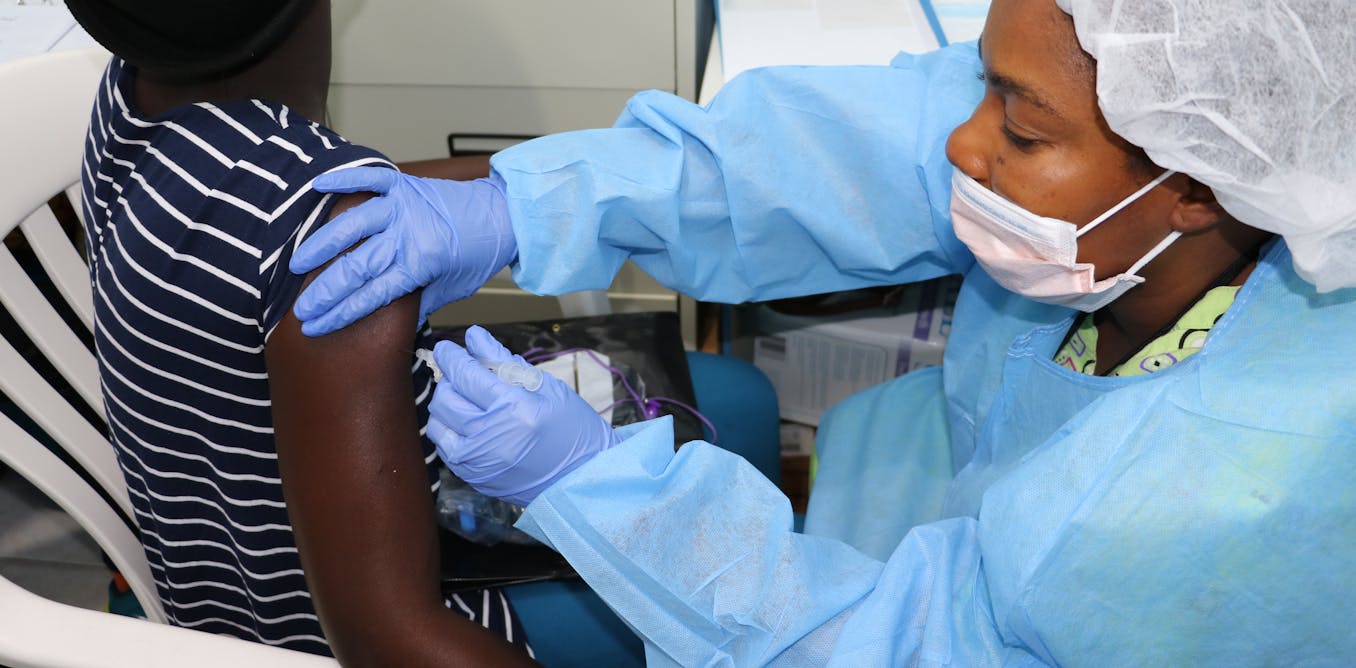Rebuilding Global Health: How the World Can Recover from US Aid Reductions
2025-08-04

The Conversation
Recent, significant cuts to US government funding have sent shockwaves through the global health community, creating widespread concern and instability. Historically a cornerstone of US foreign policy, with annual investments exceeding $12 billion, global health initiatives have been sidelined within a restructured State Department, now operating under an 'America First' framework. This shift poses a serious threat to decades of progress in combating infectious diseases, improving maternal and child health, and strengthening health systems worldwide.
However, this challenge also presents a unique opportunity to build back better. While the US remains a vital contributor, the global health system must diversify funding sources, prioritize sustainable solutions, and foster greater collaboration among nations. This article explores how the world can navigate this new landscape and ensure that vital health programs continue to thrive.
The Impact of US Aid Cuts
The scale of the reductions is significant. Beyond the immediate impact on ongoing programs, the uncertainty surrounding future funding creates a chilling effect, hindering long-term planning and discouraging investment from other donors. Many organizations, particularly those working in low-income countries, are facing difficult choices about staffing, program delivery, and even their very survival. The consequences are not abstract; they translate to fewer vaccinations, fewer pregnant women receiving essential care, and weakened health systems unable to respond to outbreaks.
Diversifying Funding Sources: A Global Responsibility
Relying heavily on a single donor, even one as influential as the US, is inherently risky. Diversifying funding sources is crucial for the long-term sustainability of global health. This means encouraging greater contributions from other wealthy nations, as well as exploring innovative financing mechanisms, such as:
- Domestic Resource Mobilization: Supporting low-income countries to strengthen their own health systems and increase their own investments in health.
- Public-Private Partnerships: Leveraging the expertise and resources of the private sector to address specific health challenges.
- Philanthropic Funding: Encouraging increased giving from foundations and individual donors.
Prioritizing Sustainable Solutions
Short-term aid, while often necessary, is not a substitute for long-term sustainability. Global health programs should prioritize interventions that build local capacity, empower communities, and address the underlying social determinants of health. This includes:
- Strengthening Health Systems: Investing in training healthcare workers, improving infrastructure, and ensuring access to essential medicines and supplies.
- Community Health Programs: Empowering local communities to take ownership of their health and participate in program design and implementation.
- Addressing Social Determinants: Recognizing that health is influenced by factors such as poverty, education, and access to clean water and sanitation.
Fostering Global Collaboration
The challenges facing global health are too complex for any single country or organization to solve alone. Increased collaboration among nations, international organizations, and civil society groups is essential. This includes:
- Sharing Best Practices: Learning from each other's successes and failures.
- Coordinating Funding: Avoiding duplication of effort and ensuring that resources are used effectively.
- Advocating for Global Health: Raising awareness of the importance of global health and mobilizing political support.
Looking Ahead: A Resilient Global Health System
The recent US aid cuts are a setback, but they do not have to be a fatal blow. By diversifying funding sources, prioritizing sustainable solutions, and fostering greater collaboration, the global health system can emerge stronger and more resilient. Building back better requires a renewed commitment from all stakeholders to invest in the health and well-being of people around the world. The time to act is now, to ensure a healthier and more equitable future for all.






